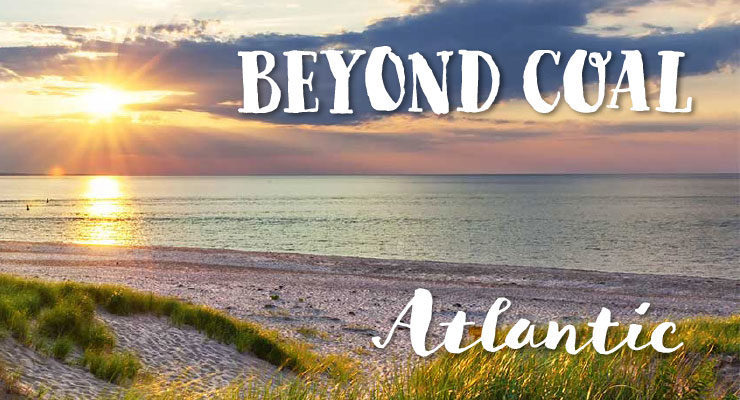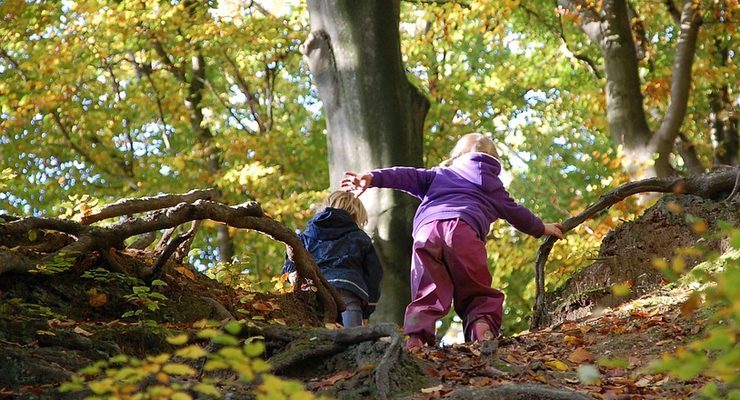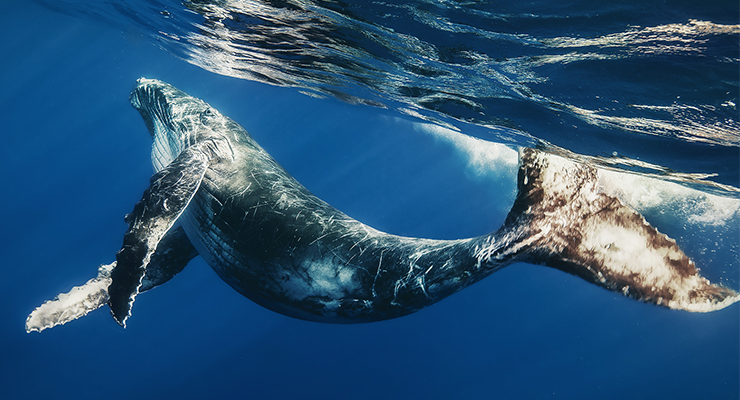A Tall Grass Safari in Downtown Charlottetown
Ashley Greening — August 25, 2014Tuesday, August 12 was my fourth visit to the Campus Kids Daycare centre. I had a very special treat planned that day and I had gotten up quite early to make sure everything was organized.
Before we set off for the day's activities I showed everyone a large assortment of insects and arachnids in cases and frames. These were from my personal collection but they suited the activity so well I couldn't miss an opportunity to share them with everyone. Among the creepy crawlers were an assortment of butterflies and beetles, including a rhinosaurous beetle as big as their hands. There was also a leaf bug, a millipede, a scorpion, and a tarantula. The children were both fascinated by the bugs and would have gladly stayed there all day looking at them.





